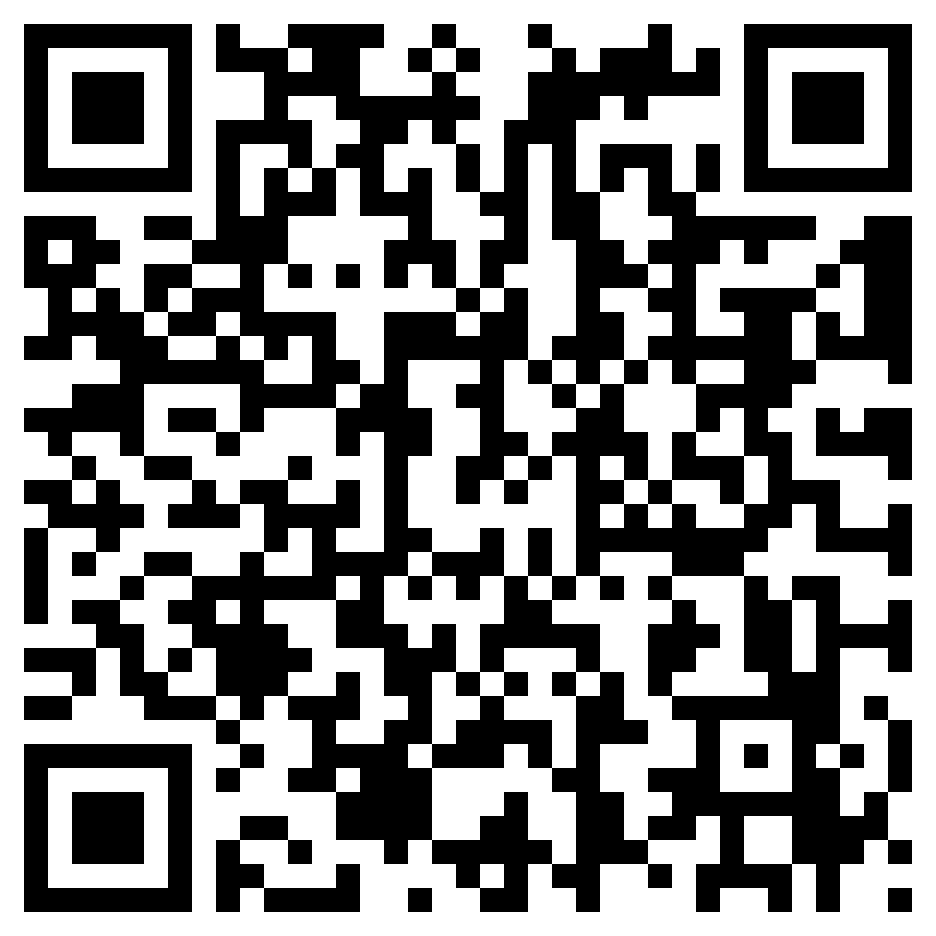Lesson 1. Be willing to revise your beliefs
Our life hinges on decisions based on pre-learnt behavior. Through instincts and conditional learning, from infancy, we keep forging opinions and mindsets. Most people go about their entire lives with the same set of thought processes. While in many cases, these work, Adam Grant goes into a deep study of human behavior and decision-making to find out whether rethinking our most intimate beliefs and thought processes would actually result in leading better lives.
No matter how much intellectual ability you have, if you lack the drive to change your mind, you’ll miss many opportunities to think again. Research shows that if you score higher on an IQ test, you’re proportionally more likely to believe in stereotypes because you’re quicker at recognizing patterns. And recent experiments say that the ‘smarter’ you are, the more you struggle to update your beliefs.
Through various funny anecdotes and experiments, Adam finds that it is really uncomfortable and hard for the average person to relearn something. As a species, humans like to stick to things they find simple to comprehend. Whether in politics, society, science, art, or even their daily lives, there is an inherent cerebral ‘laziness’ to consider and accept new ideas—let alone implement them.
Adam recommends the practice of ‘unbelieving’. As we question our existing understanding, we become curious about what concepts and information we’re missing. Thus, it leads us to new discoveries, which in turn continue to humble us by reinforcing how much we still have to learn.
Lesson 2. What to believe in?
When presented with new information that clashes with a person’s long held beliefs, most people are more likely to say the following:
- That doesn’t work here
- That’s not what I have experienced
- That’s too complicated
- My beliefs are what I have always followed
- I know more than you
This thought process of self-entitlement and overconfidence, that a person’s view of the world is absolute truth, is extremely counter-productive.
Adam explains that being wrong isn’t necessarily a bad thing. It can be a wholesome sign that we’ve learned something novel—and that discovery itself can be a pleasure.
While it might seem hard, relearning is easier than expected. We weren’t born with our views. Unlike our height or hair texture, we have complete control over what we choose to believe as truth. We choose our views, and we can choose to update them any time we want. This should
Unlock Knowledge with Wizdom App
Explore a world of insights and wisdom at your fingertips with the Wizdom app.
 1 Million+ App Download
1 Million+ App Download  4.9App Store Rating
4.9App Store Rating 5000+Summaries & Podcasts
5000+Summaries & Podcasts




